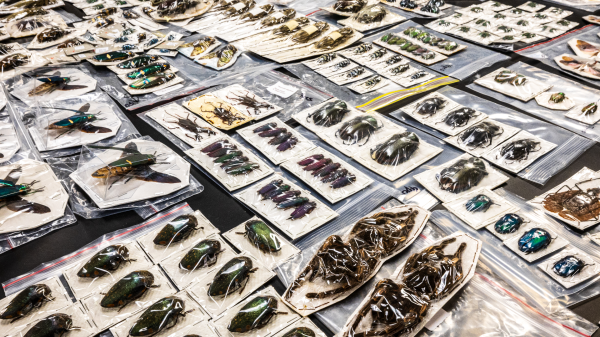When should scientists say 'we don't know'?
A group of scientists, convened by a local government in Italy, has been charged with manslaughter because of their unwillingness to say, "we don't know."
Daniel Sarewitz, co-director of ASU's Consortium for Science, Policy and Outcomes, provides an anecdote in a recent Future Tense piece of seven scientists in l'Auila, Italy consulted to determine if a series of tremors indicated an imminent major earthquake.
The scientists in the tale did not issue a prediction, pointing to the lack of sophistication in science to do so. However, their determination to preserve their status as experts kept them from simply declaring they did not know and instead offered a technical (and confusing) response on which the court prosecuted the scientists.
Read the entire piece at the Future Tense channel on Slate. Future Tense is a collaboration among ASU, the New America Foundation, and Slate magazine that explores the ways emerging technologies affect society, policy and culture.
Article source: Slate MagazineMore ASU in the news

ASU makes progress toward establishing new medical school, could admit students by 2026

How to Make Urban Agriculture More Climate-Friendly
